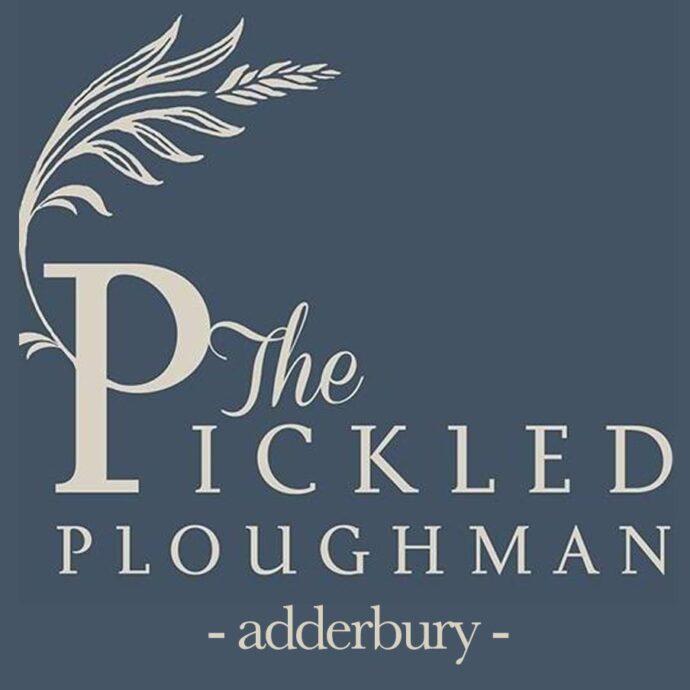Ambulance Service under “immense pressure”
29/06/2021

Staff feeling the strain in the face of relentless pressure
South Central Ambulance Service (SCAS) is currently under “immense pressure” with demand on 999 and 111 services at levels only normally seen during the busy New Year period.
The service, which provides emergency and urgent care across four counties including Oxfordshire, is currently receiving almost 2,000 calls a day to 999. Normally at this time of year it would peak at around 1,600.
The number of calls to the NHS 111 service stand at more than 4,500 a day – up from 3,000 a day before the pandemic.
The service is also experiencing an increase in the time taken to hand patients over to hospitals due to capacity issues at some hospitals.
The service says the rise in demand has been largely unrelated to COVID-19 so far, although they say the increasing number of cases in the region is “a concern” to them, given current levels of activity. The resilience of staff across the organisation given the workload is also noted as a concern.
Mark Ainsworth, Director of Operations at SCAS said: “The Trust is experiencing immense pressure on services due to intense demand on both 999 and 111, while capacity issues at some of our hospitals are impacting on our ability to handover our patients immediately upon arrival which restricts our ability to respond to waiting patients in a timely manner.
“Our activity is now well above the seasonal predicted level and is more in line with the numbers we would be seeing over the busy New Year period when dealing with winter illnesses, consequences of festivities and people who have delayed accessing healthcare over Christmas.
“We are also now at a point where staff have been flat out managing the effects of the pandemic for 18 months, so they are feeling the strain in the face of relentless pressure.”
SCAS say that a number of actions have been taken to increase capacity to meet demand, including the redeployment of clinically-trained staff into frontline operational roles, training additional staff to work in the 111 call centre and additional resources from approved private ambulance providers.
With pressure high on both services, people are being urged to ensure they only use 999 for life-threatening emergencies and 111 for urgent medical advice, whilst utilising the full range of other services for less urgent problems including 111.nhs.uk, urgent treatment centres, GPs and pharmacies.
Published: by the Banbury FM News Team
